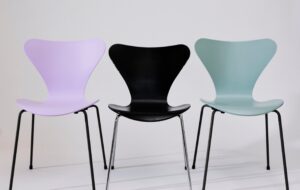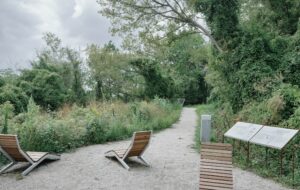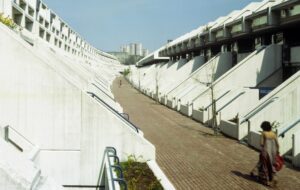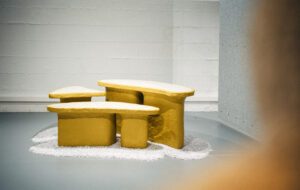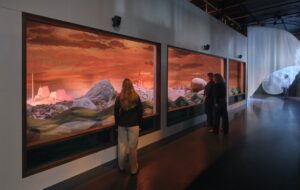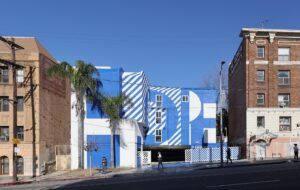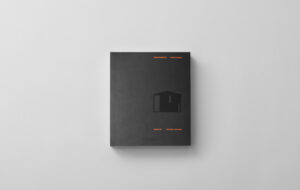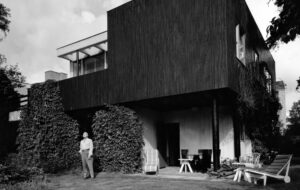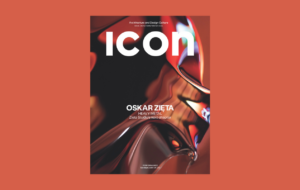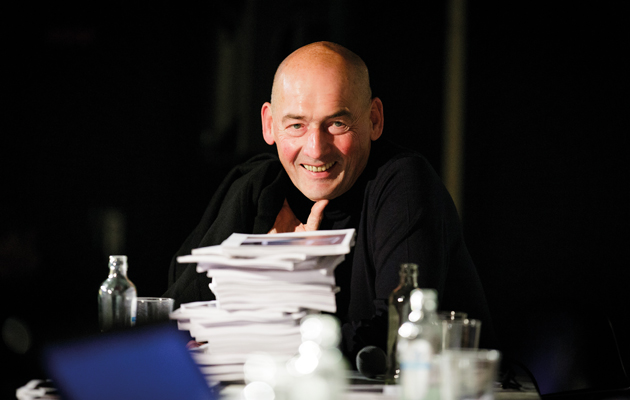 |
||
|
The architect talks to Peter Smisek about how transport will shape the cities of the future, and why total connectivity might not be as desirable as it sounds Icon caught up with Rem Koolhaas in Rotterdam, where the Dutch architect and theorist warned of the risks of giving too much weight either to novelty, or to ideas around total connectivity. ICON What do you think current developments in personal mobility might mean for the future of cities? REM KOOLHAAS I think it’s clear that cities are not going to be ideal environments for cars. It’s very plausible that cars will become smaller and that routine tasks such as parking will be eliminated. The experience of driving as we know it will be limited. Cars being electric is also necessary and, I hope, highly likely! I’m critical of one part of current rhetoric, however – the idea that cars will be able to pre-empt your own thoughts may not be as central as is being suggested. Carmakers should also actively begin to address the desirability of connecting everything to everything – that’s too grandiose and too suffocating to embrace as a universal condition. ICON Do you think that the way architects integrate mobility into their work has changed over the last 20 years? RK The biggest shift in architecture has not been related to specific issues, but the fact that, 20 years ago, our client was the government. We knew that once the public sector adopted a plan, it would be implemented. The initiative has shifted to the private sector so we face a regime with much more improvisation, less certainty and with fewer issues we can address as architects. ICON Will living spaces and cars converge with the introduction of autonomous driving? RK I don’t think so. There is a pre-existing merger: the caravan. Some of them are beautiful and wonderful works. I don’t have any expectations beyond that. ICON What is the role of other personal modes of transportation in urban innovation? RK On first visiting Beijing, I was fascinated – it was a metropolis, but on bicycles. Imagine a future with motorcycles: we could make cities much more liveable. In our current issue we look at the past, present and future of travel – click below to read more |
Words
Peter Smisek
Image: Fred Ernst |
|
|
||
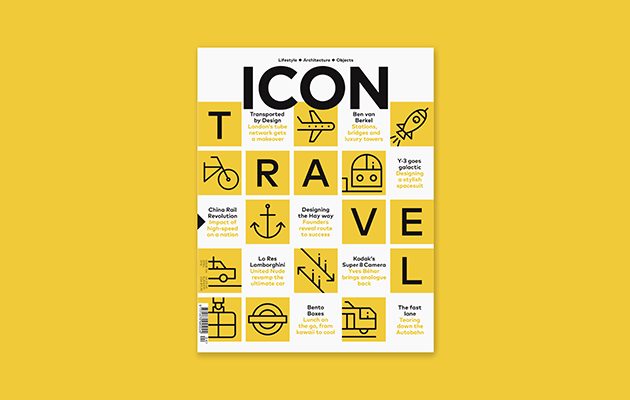 |
||


